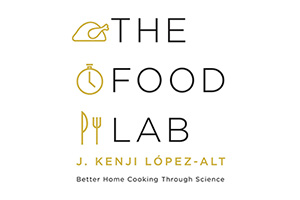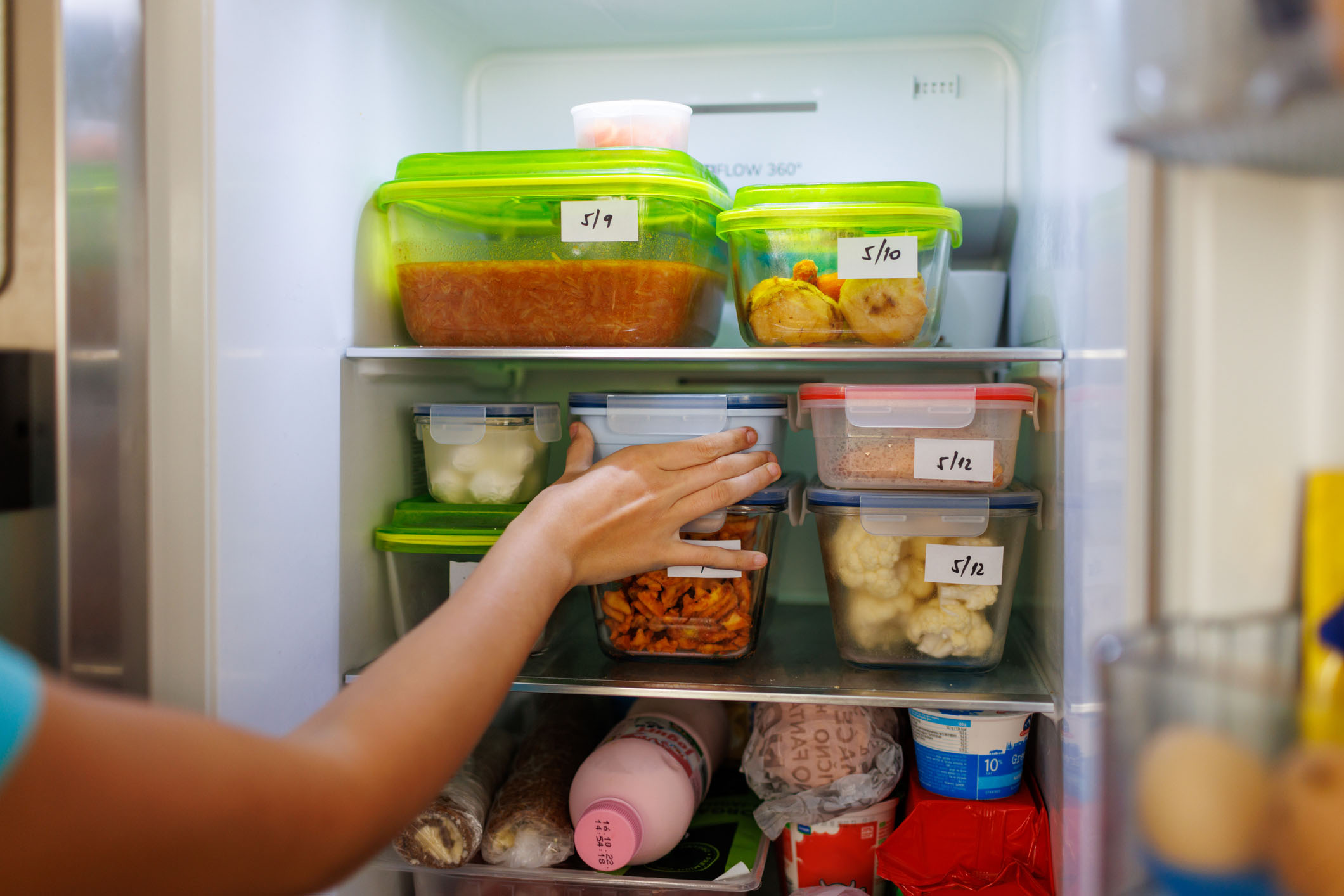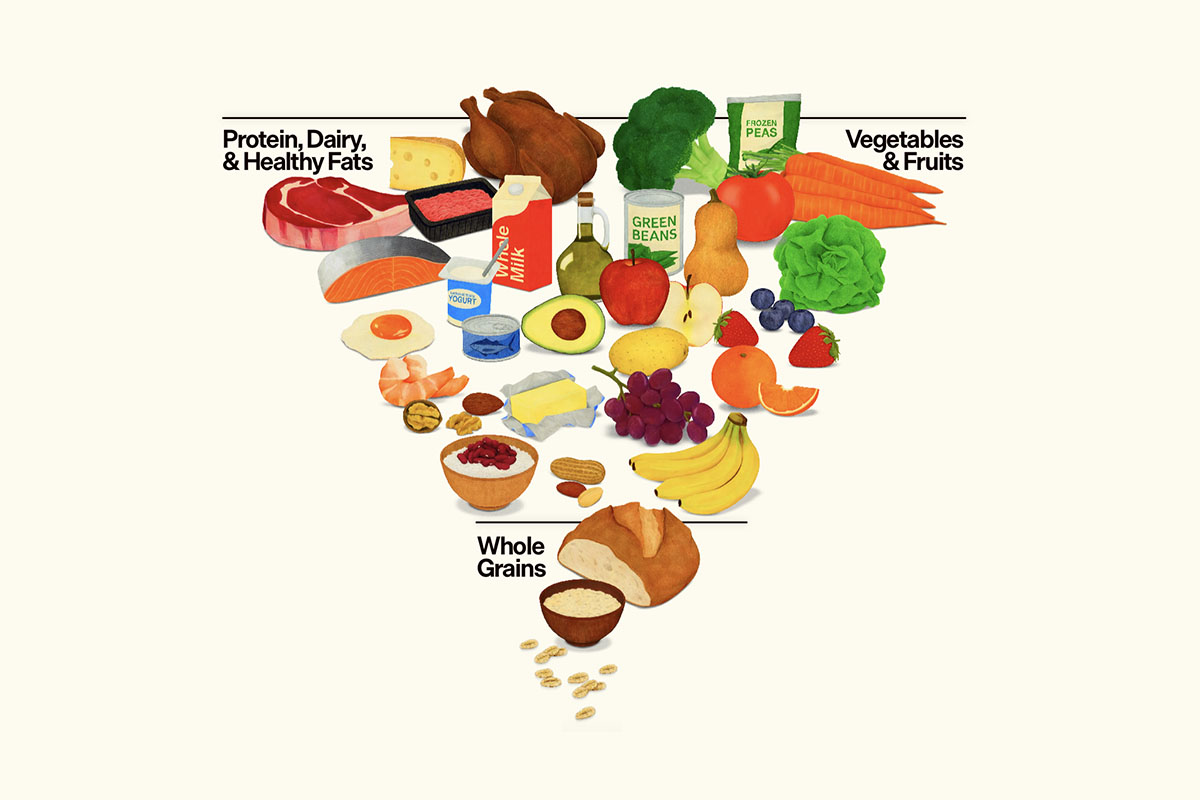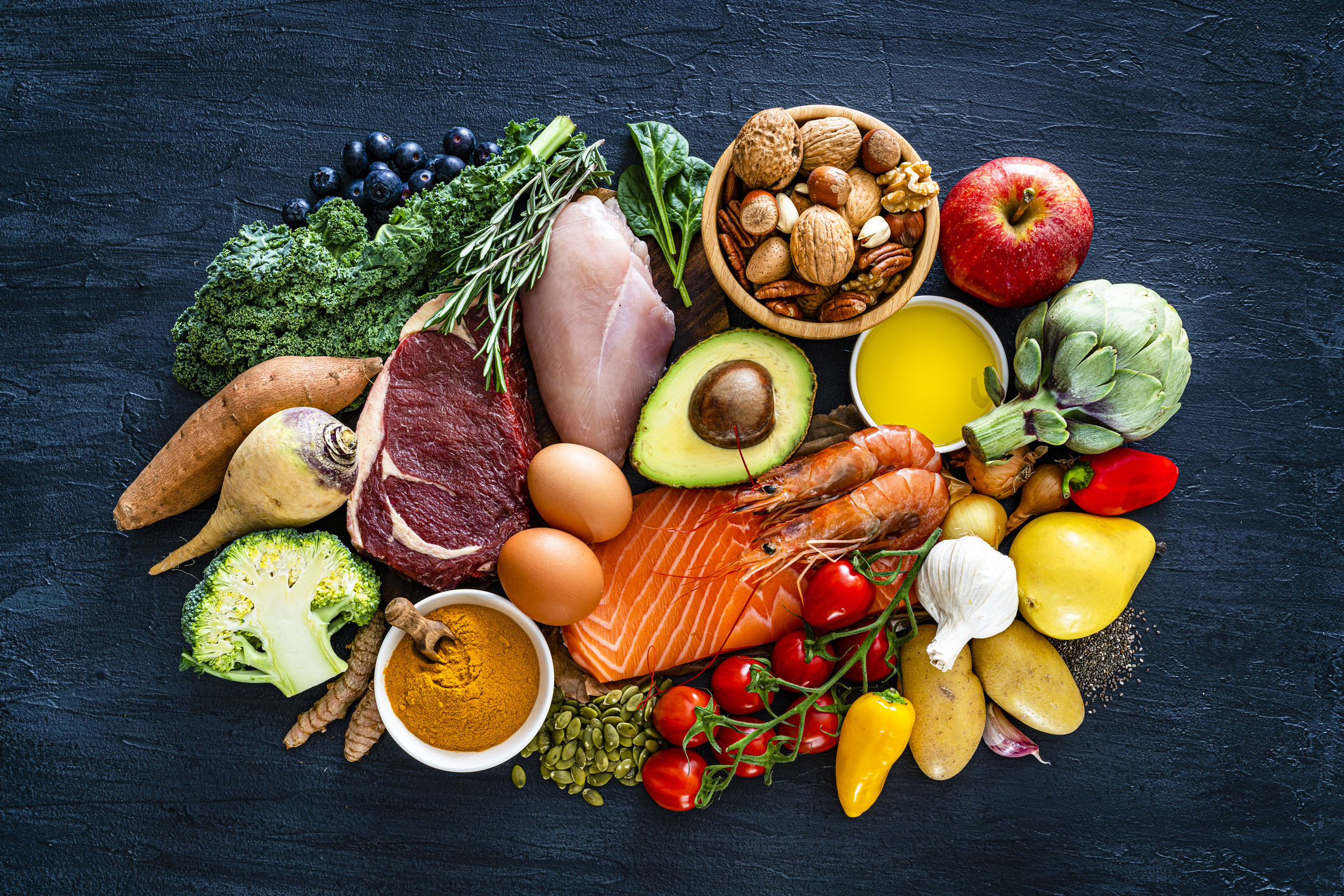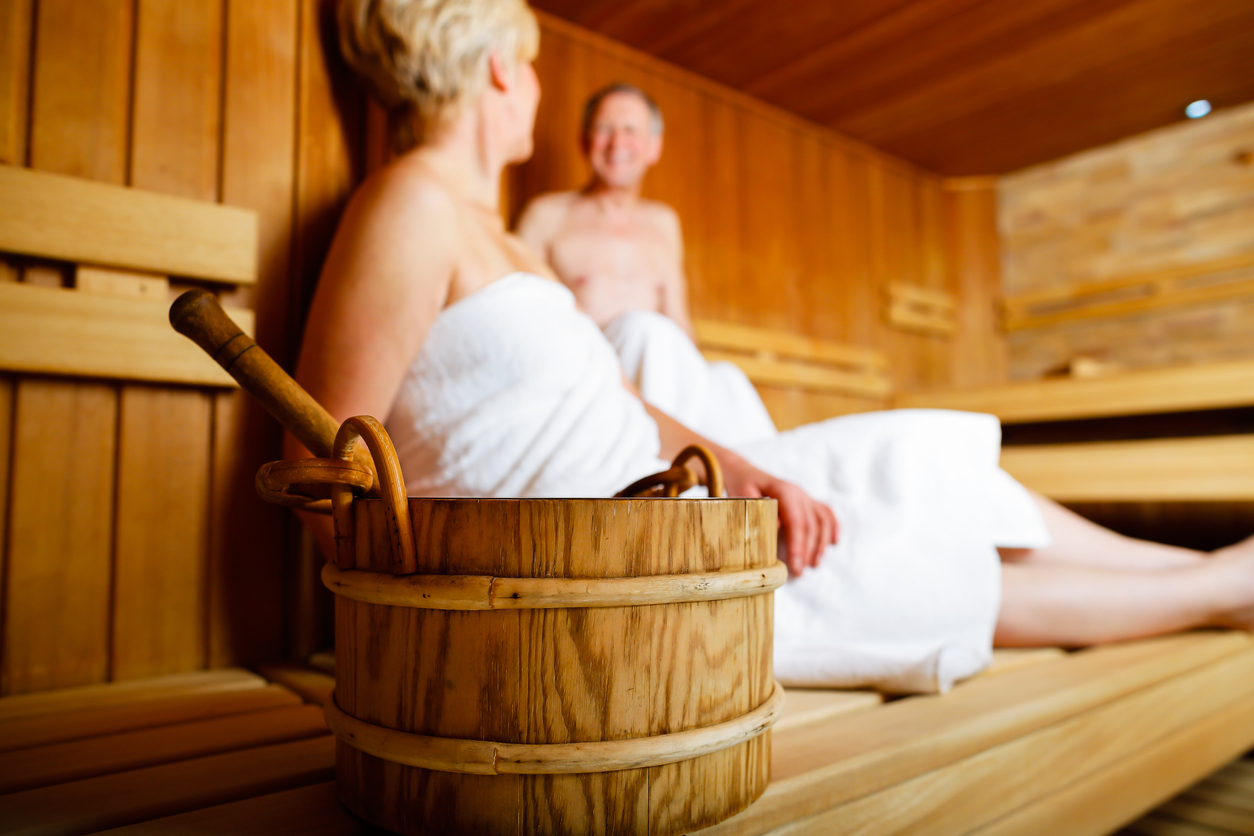I consider myself a “good” cook. I come up with ingenious ways to tweak recipes replete with grains, dairy, soy sauce and poor quality oils to turn out reasonable facsimiles of popular dishes with substitute ingredients that conform to Paleo standards. I’m decent with the grill, turning out passable steaks, burgers, sausages, chicken and fish that usually are crowd pleasers. In winter, I stock the fridge with tasty soups and stews.
But it’s all intuitive, seat-of-the-pants, and highly improvisational. I wouldn’t dream of practicing medicine with such abandon—thank goodness for my patients’ sakes! And while cooking is different—a right-brain enterprise that gives rein to my creative impulses—I’m a scientist at heart, and I’ve longed for an opportunity to introduce some precision into my culinary efforts.
Why is it that substituting one ingredient for another in a recipe produces a fine result, but another swap produces a flop? Why have great chefs abandoned the hoary advice to char-broil meat first to “seal the juices in”? Why, seemingly randomly, do some of my roasted chickens come out tender and succulent, while others are desiccated and tasteless? Why do my fish dishes sometimes turn out rubbery? How can I get more mileage out of my spice rack?
With that in mind, I just bought The Food Lab: Better Home Cooking Through Science by J. Kenji Lopez-Alt
The author is a wonky M.I.T. graduate who eschewed a promising career as a biologist because lab work seemed too tedious and abstract. Instead, he got odd jobs as a chef. He soon found his scientific mind conceptualizing the art of cooking as a series of complex chemical manipulations.
In his introduction, Lopez-Alt avows: “I’m a nerd, and I’m proud of it.” A kindred spirit I can embrace!
“Cooking by rote—even when your mentors are some of the greatest chefs in the world,” he writes, “is paralyzing. Only by understanding the underlying principles involved in cookery can you free yourself from both recipes and blindly accepting conventional wisdom”.
Lopez is the chief creative officer at Serious Eats and the author of its highly popular “The Food Lab” column. There he pens features like “The Best Carving and Slicing Knives” and “Inexpensive Skillets That Work as Well as Fancy Ones.”
The book is divided into chapters like “The Science of Roasts,” the “Science of Ground Meat,” “Soups and Stews,” and “The Science of Fast-Cooking Foods (Steaks, Chops, Chicken and Fish)”.
Did you know that scrambled eggs salted after cooking “weep,” but eggs salted at least 15 minutes in advance retain their moisture? It’s chemistry!
Did you know that the best way to cook a tenderloin steak is to slow-cook it in the oven, then slice it and quick sear it in hot butter and oil in a stainless steel pan? Or, alternatively, try pre-cooking meat (sous-vide style) for a few hours in a beer cooler before tossing it on the grill. It’s chemistry!
Did you know why it’s advised that you let meat “rest” after cooking to keep its juices in? And why five minutes may not be enough for a big thick steak or a prime rib? It’s chemistry!
Did you know that adding mustard or mayonnaise to a traditional oil and vinegar dressing doesn’t just add flavor—it helps emulsify your vinaigrette, preventing the separation which results in a bunch of salad leaves drenched in oil with a pool of balsamic at the bottom of the salad bowl? Or that mixing your dressing in a blender can make the olive oil taste bitter? It’s chemistry!
Did you know that, depending how it’s cooked, garlic can develop three distinctly different aromas and flavors? It’s chemistry!
Did you know that there’s a way to keep your burgers from curling up into oblong meatballs? Just use your fingertips to create a slight depression in the center of each patty before grilling. It’s chemistry!
If there’s a fault to the book, it’s that many of the recipes call for flour, dairy, or soy sauce, foods that I eschew and many of my patients can’t handle. Maybe the next step is to write a cook book geared to substituting acceptable ingredients to make gravies, sauces, and breading to jazz up Paleo-style dishes.
WARNING: The book is a doorstop weighing in at over 950 pages in the hard-bound edition (if you suffer from carpal tunnel syndrome you may prefer the digital format, but I wanted the heft and feel of a physical cookbook), $27.47 on sale this month via Amazon Prime
